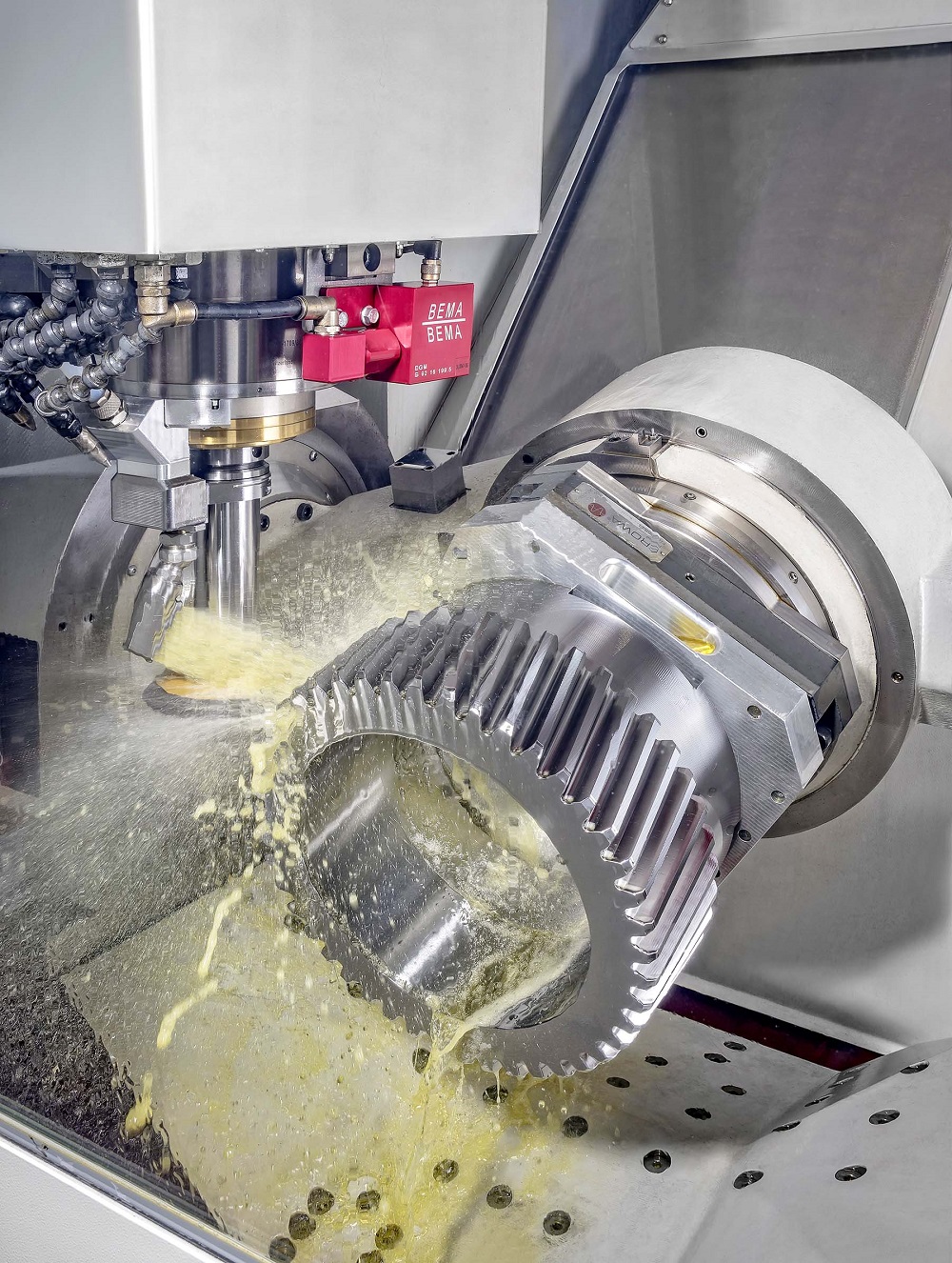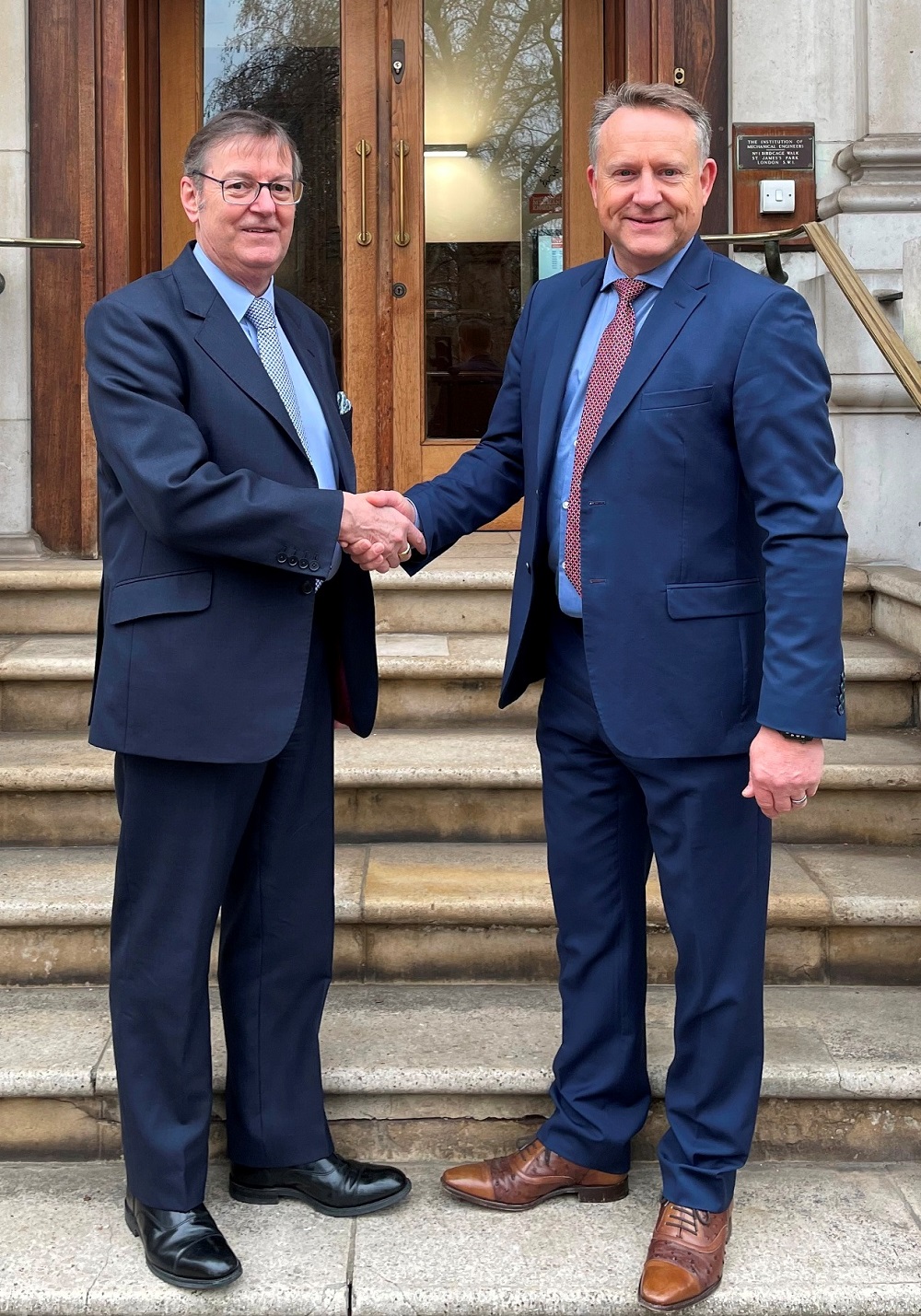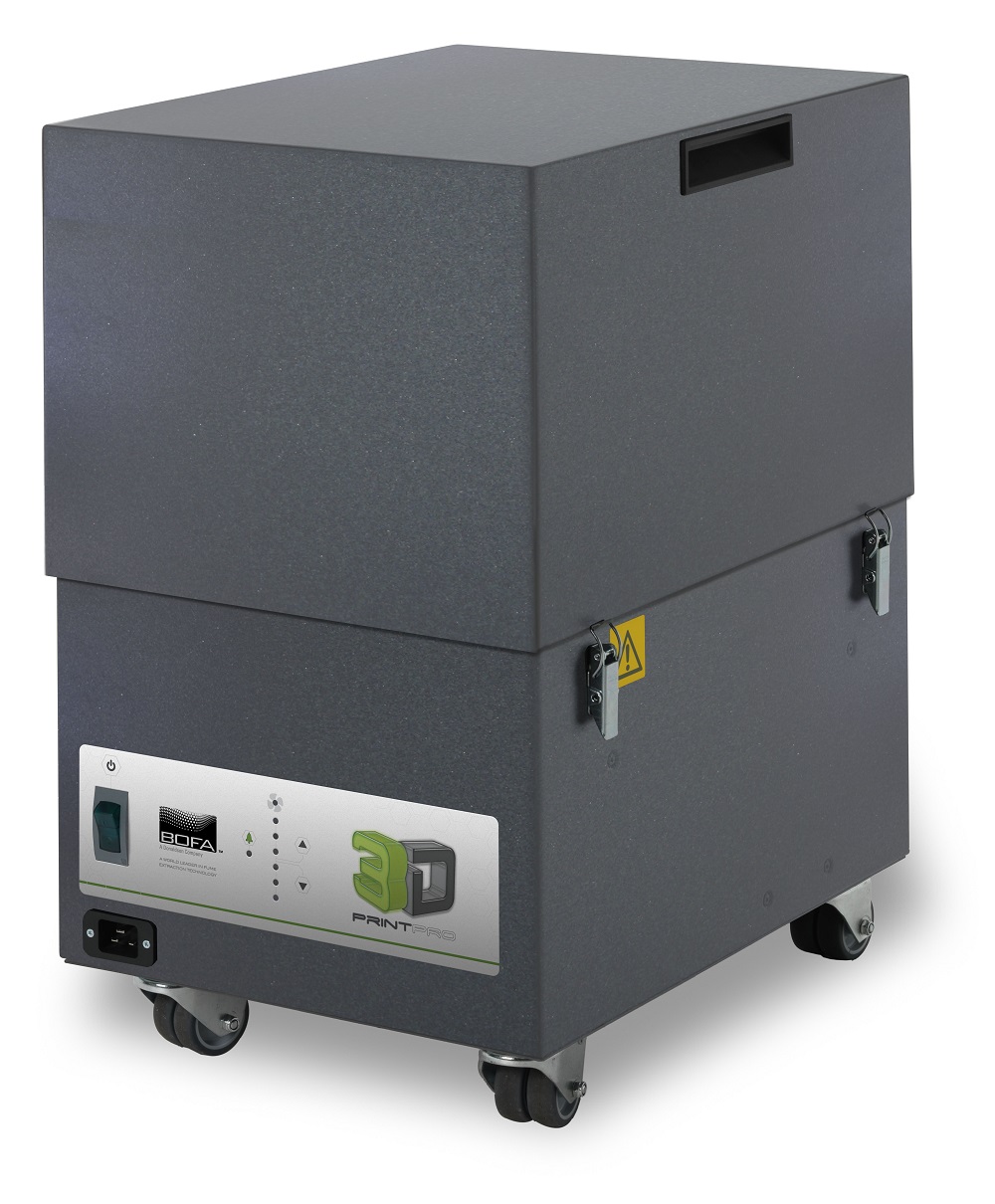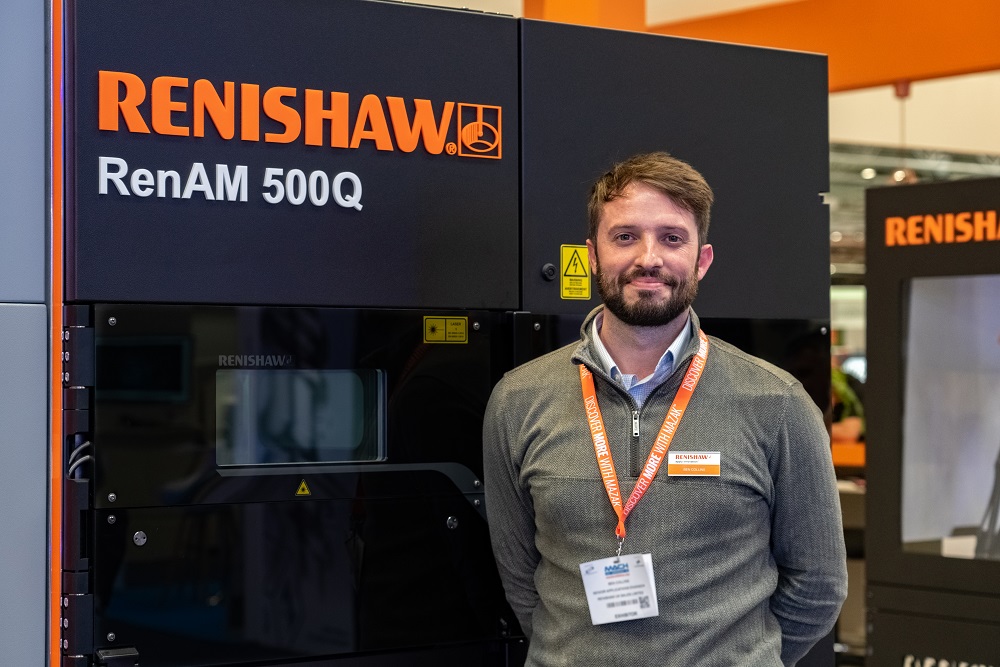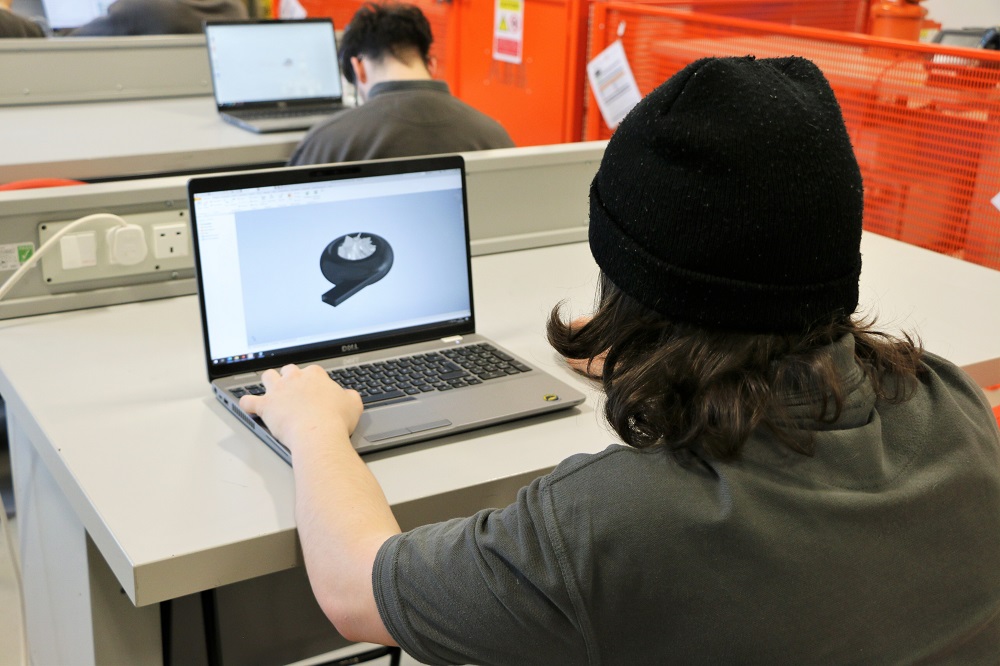German machining centre manufacturer Roeders is introducing a new production centre, the RXU 2000, for manufacturing large components requiring a high degree of precision. The three-axis machine is not only for 3D milling but also for jig, vertical or profile grinding. Availability in the UK and Ireland is through sole sales agent Hurco Europe.
The machine is for cutting hardened materials and has a working volume of 2000 x 1800 x 800 mm, where the intentionally limited Z-axis travel ensures maximum accuracy. Both the Y and Z axes feature the machine builder’s robust Quadroguide design, while the large machine bed is effective at damping vibrations. The maximum table load is 5 tonne.
A combination of milling and grinding in a single set-up on the same platform is particularly suited to mould and tool making, and to producing high-accuracy parts for machine building. Linear drives in all axes, as well as an advanced temperature management system for the entire machine, ensure high levels of precision, even during long machining runs, reports Hurco. Dimensional accuracy to within 5 µm, and roundness of 1 to 2 µm depending on bore size, is achievableacross the machining envelope.
A 22,000 rpm, 101 Nm HSK-A63 spindle is available for high metal removal rates. Alternatively, spindles up to 80,000 rpm are available for different applications. On request, the machining centre is configurable as a double-spindle machine, for example with a high-precision air bearing spindle alongside the main spindle.
For further information www.hurco.co.uk






